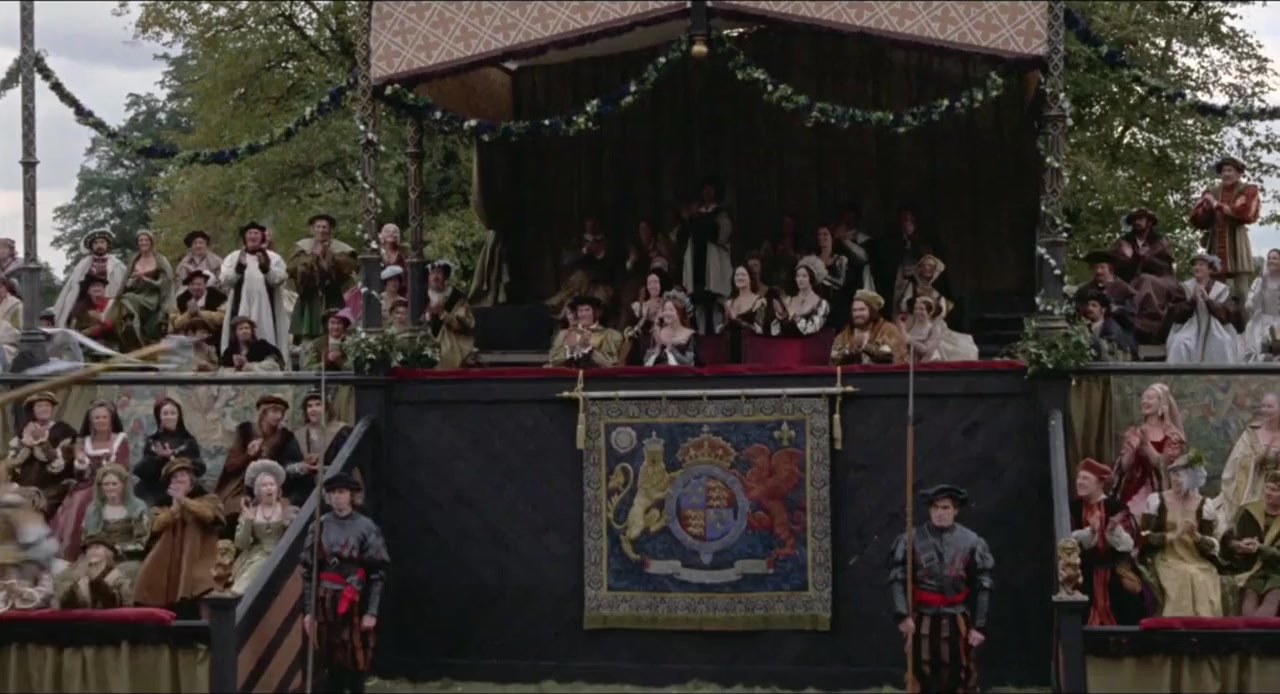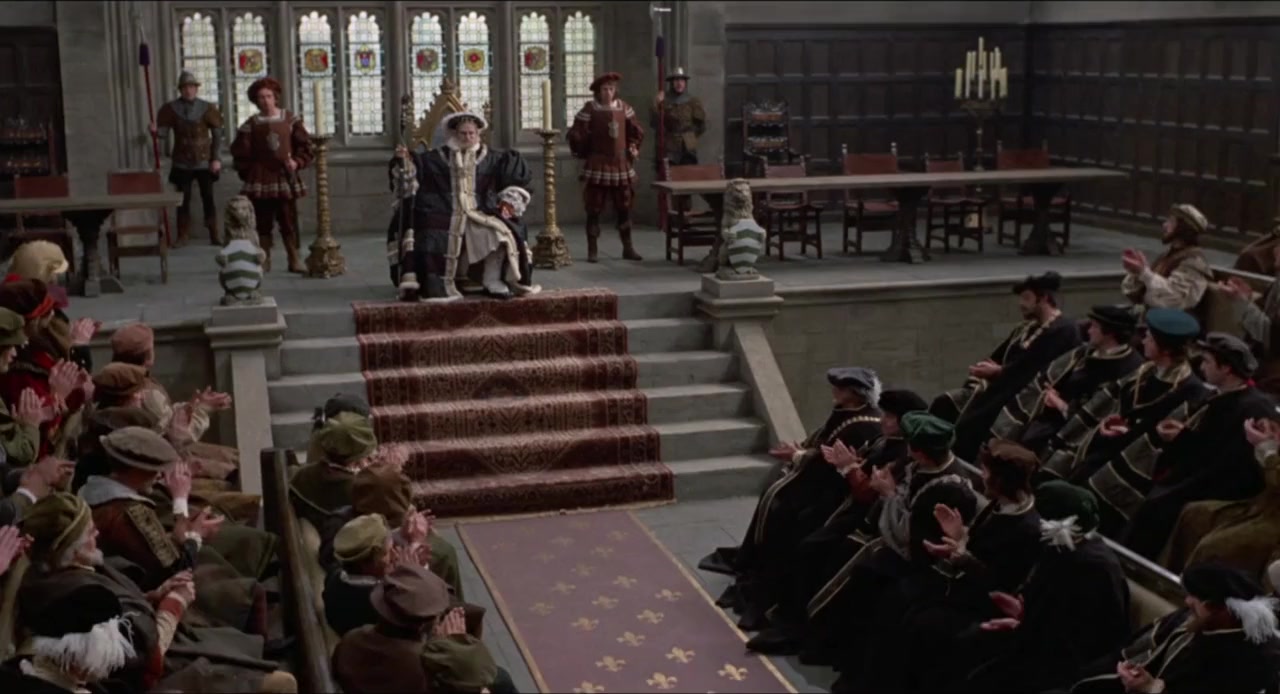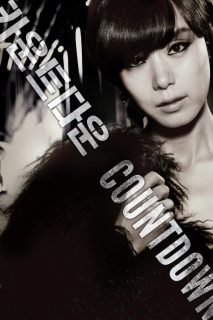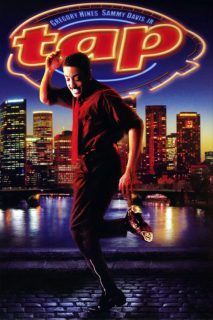
- Year: 1972
- Released: 14 Dec 1972
- Country: United Kingdom
- Adwords: 1 win
- IMDb: https://www.imdb.com/title/tt0070170/
- Rotten Tomatoes: https://www.rottentomatoes.com/m/henry_viii_and_his_six_wives
- Metacritics:
- Available in: 720p, 1080p,
- Language: English
- MPA Rating: PG
- Genre: Biography, Drama
- Runtime: 125 min
- Writer: Ian Thorne
- Director: Waris Hussein
- Cast: Keith Michell, Donald Pleasence, Charlotte Rampling
- Keywords: adultery, london, england, beheading, tudor, period drama, historical,
 | 6.8/10 |
 | 78% – Critics |
 | false% – Audience |
Henry VIII and His Six Wives Storyline
On his deathbed Tudor-king Henry VIII remembers his long reign and especially the crucial part his six marriages played in it, without producing the male heir he desired most to prevent civil wars for the succession as England suffered before his father’s ascent. His first queen, Spanish princess Kathryn of Aragon, had one fatal flaw: her children died, except daughter Mary, so he pressed Rome for an annulment, and when that failed out went cardinal Wolsey as chief minister and Henry made himself head of the Church of England instead of the papacy and married Anne Boleyn. When she too failed to produce a male heir, just princess Elisabeth, he had her head roll for ‘infidelity’. The third queen, gentle Jane Seymour, died giving birth to sickly prince Edward. For diplomatic reasons Henry married minor princess Anne of Cleves, whose utter lack of female charms causes another annulment and the fall of Thomas Cromwell, who recommended her. Fifth is the lovely Catherine Howard, cousin of Anne Boleyn, but again childless and found to have been carnal with servants before and after her royal marriage, so also decapitated. Finally Catherine Parr, a young widow, stands at his deathbed.—KGF Vissers
Henry VIII and His Six Wives Photos



Henry VIII and His Six Wives Torrents Download
| 720p | web | 1.03 GB | magnet:?xt=urn:btih:A7F4C39C6D7BC2B4AE4892CF0887D4861E7DA8F8 | |
| 1080p | web | 1.92 GB | magnet:?xt=urn:btih:6B3C0950582E9EAE27CD14D55C808347866C02BA |
Henry VIII and His Six Wives Subtitles Download
| English | subtitle Henry.VIII.ands.Six.Wives.1972.1080p.WEB.H264-CBFM | ||
| English | subtitle Henry.VIII.ands.Six.Wives.1972.1080p.WEB.H264-CBFM |
Henry VIII and His Six Wives Movie Reviews
Definitive Tudor story
This is benchmark-quality drama, a two-hour film retelling of the lives (and deaths) of Henry VII’s wives that uses much the same cast and crew as a previous six-hour BBC miniseries.
As a film, it’s pretty much unbeatable and sets a standard of high quality that few others can match. Sets, costumes and backdrop are all superb, but of course the real strengths lie in the script and the calibre of acting. Keith Michell stars in a role he was born to play, never less than authentic whether he’s playing Henry as an athletic young man or as an obese ancient. He also manages to make the tyrant deeply human, which is another string to his bow.
With the full story of the six wives crammed into a two-hour time slot, the pacing is fast and the script full of drama. Some of the wives fare better than others, but highlights include Charlotte Rampling’s witchy Anne Boleyn and Lynne Frederick’s captivating innocent, Catherine Howard. Filling the supporting cast with familiar, entertaining figures like Michael Gough, Donald Pleasence and Brian Blessed is another plus.
Most of all, though, I found this retelling succeeded far better in bringing to life the era than others – check out the terrible THE OTHER BOLEYN GIRL for a good comparison. We learn much about politics, entertainment and religion of the era, but it’s never told in a dry or heavy way. Unbeatable? Yes, I think this is.
Rather compressed perhaps, but one of the better films and such detailing of Henry VIII, his life and his wives
Although I am no historian, I do take an interest in the subject and I loved learning about the Tudors even in primary school. Henry VIII and his Six Wives is for me one of the better films and such detailing of Henry VIII and his life and six wives. The story is compelling and well paced and the dialogue is intelligent and moving. For me, my only complaint really is the length, the events and details are compressed for just over two hours. For so many details and events, I couldn’t help thinking it was too short and some of the events could have been expanded upon and some of the latter half less over-balanced perhaps. That fault aside, the film is splendidly directed, is reasonably true to history and maintains a strong emotional impact. David Munrow’s music score is beautiful and evocative too. But two things especially stood out. One was the period detail and production values, the costumes and scenery are nothing short of splendid and the photography captures that beautifully. The other is the acting, which is wonderful from the entire cast. Keith Michell gives a textbook example of how to play Henry VIII, he doesn’t play the famous king as a tyrant but his portrayal is a moving and somewhat more sympathetic one. Of his wives a stunning Charlotte Rampling and suitably vulnerable Lynne Frederick come off best, while Bernard Hepton is a fine Cramner and Donald Pleasance is a wonderfully devious Cromwell. In conclusion, a very good film. 8/10 Bethany Cox
What would it be like to be a Tudor king?
I first saw this film, aged about ten, as a result of my great interest in the famous King Henry and I think possibly also because I was in the middle of writing a short play about him. It’s been a while since I saw this, but – looking back – I think I was perhaps a bit young to view it back then. There’s nothing explicitly gory or violent but some scenes – on reflection – are perhaps a bit much for children of that age.
Nevertheless, it does tell the story of Henry and his wives, even if you get the sense that some things (the real Catherine of Aragon, for instance, was pregnant about six times, but you’d never know it from this – one might get the impression that she only had two children before Henry tired of her) are brushed over a bit. In keeping with the real time span, a lot of time is concentrated on Catherine and her successor Anne Boleyn although I seem to remember that nothing much is made of, for instance, Henry’s need to marry the pregnant Anne before she bore the future Elizabeth I.
Although the story is told in flashback and some major points in history (eg. the dissolution of the monasteries) are dealt with through scene montages, you do get a flavour of Henry VIII’s character and life – notice how the plainly-dressed Jane Seymour becomes more decorated as she gains the king’s notice – and even an idea of communication in Tudor times (he decided to marry Anne of Cleves because he saw a miniature of her). It occurs to me that the focus on Henry may be a disadvantage – we don’t see Anne of Cleves adapt to life as the King’s sister, we don’t see the Holy Roman Emperor enraged when his aunt Catherine of Aragon is being divorced, we don’t see much of the infant Elizabeth I at all.
One opinion this film formed for me was the idea that Katherine Howard was very much a victim of fate. I have read that the real woman was sexually precocious (although this film merely gives the impression that she was a bit flirty) because of her grandmother’s lack of moral guidance, but this interpretation made me think that the Duke of Norfolk, head of the Howards, suddenly jumped on an opportunity to get into Henry’s good books by pushing a young family member under the King’s nose (apparently unaware of his teenage niece’s past – she must certainly have been the least suitable member of his family to have been promoted in this way) without bothering to properly consider his actions.
Little is made of Catherine Parr – after Henry’s dispatch of his fifth queen – and one gets the impression that he settled into a happy family life, failing to mention that he did in fact have the unfortunate woman investigated due to her religious convictions. However, my A-Level history lessons led me to believe that mediaeval kings were quite at liberty to be ruthless despots, and Keith Michell certainly gives us an idea that Henry was that way inclined.



